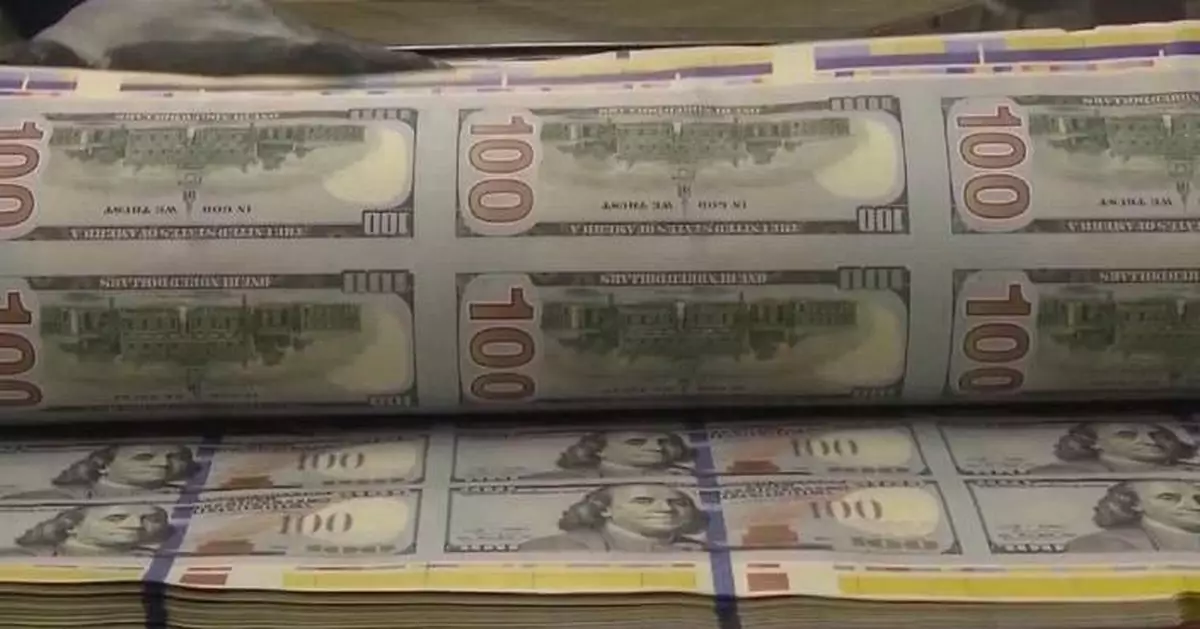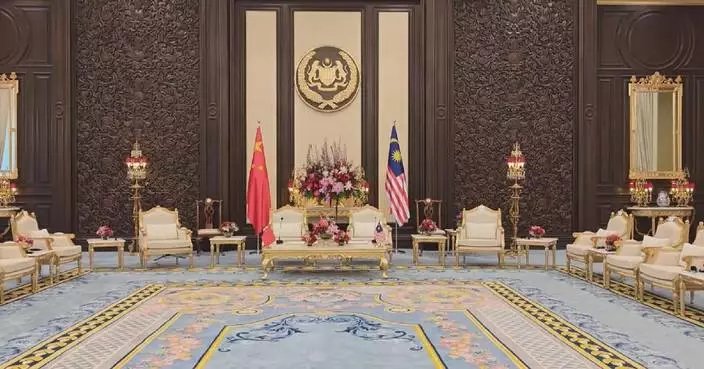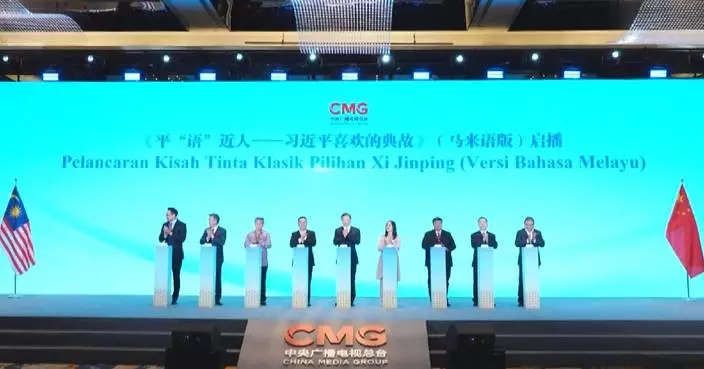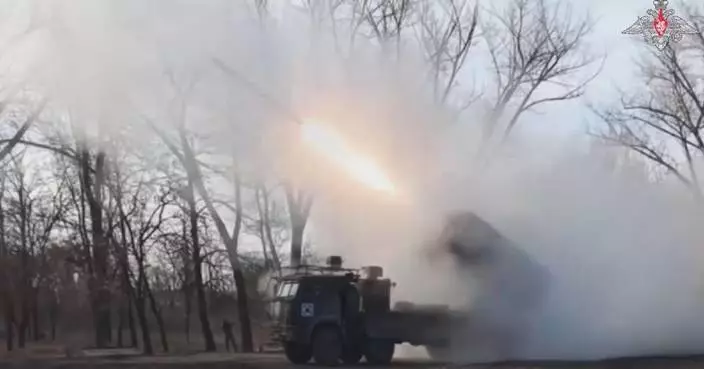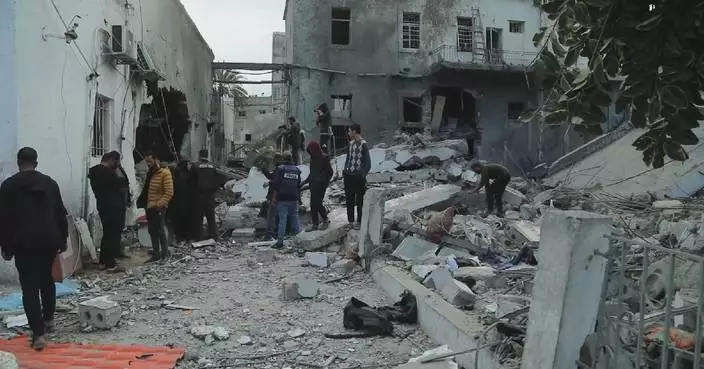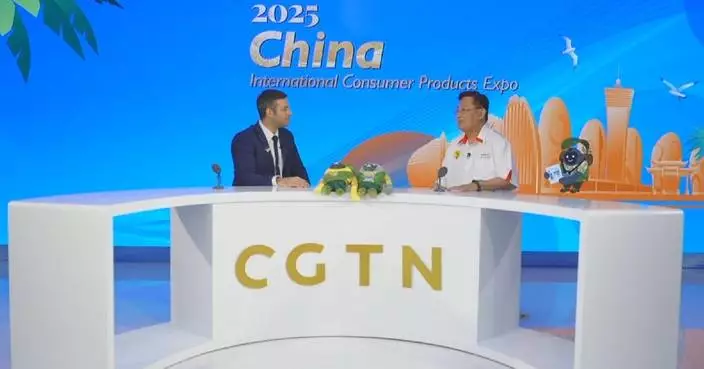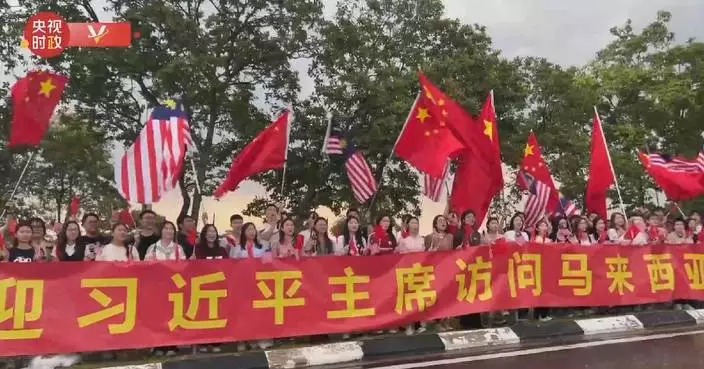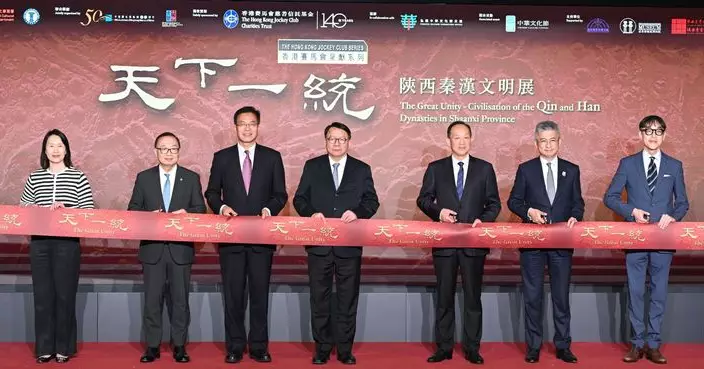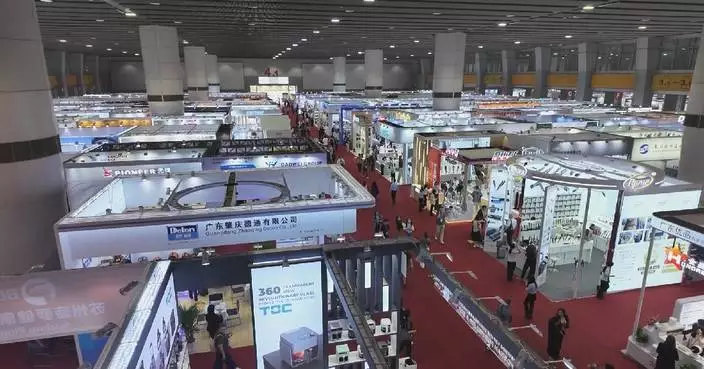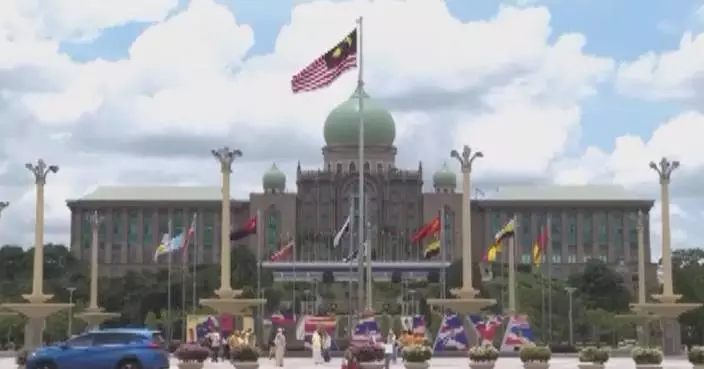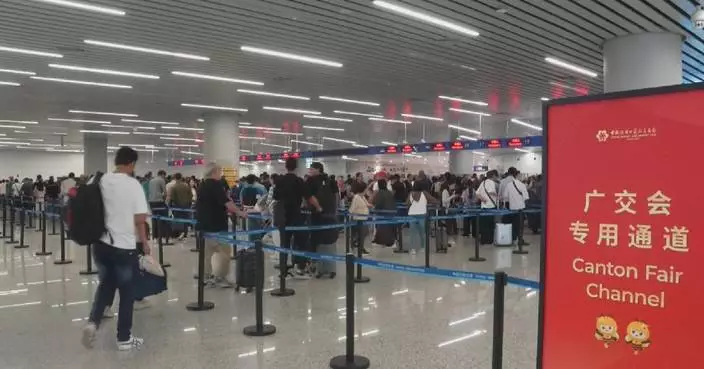U.S. banking giant JPMorgan Chase warned on Wednesday that there is a 60 percent chance of a U.S. economic recession, as officials and experts caution that the country's sweeping tariff policies are fueling rising inflation risks.
Economists at JPMorgan Chase stated that the U.S. government's ongoing policy confusion regarding trade and domestic fiscal issues has negatively impacted both the stock market and consumer confidence, making it increasingly difficult for the country to avoid a recession.
Kansas City Federal Reserve President Jeff Schmid also warned on Thursday that the tariff policy adopted by U.S. President Donald Trump's administration has disrupted global markets, undermined consumer confidence, and significantly increased the risk of rising inflation, while also posing downside risks to employment and the economy.
Former Treasury Secretary Janet Yellen criticized the tariff policy in an interview on CNN on Thursday, calling it the worst self-inflicted wound an administration could impose on a well-functioning economy.
The meeting minutes released by the U.S. Federal Reserve Board on Wednesday showed that the U.S. economy faces the risk of both rising inflation and slowing economic growth.
According to the minutes, some participants said the announced or planned tariff increases were larger and more extensive than many of their business contacts had expected. Almost all participants expressed concern over the risk of rising inflation, along with downward pressure on employment and economic growth.
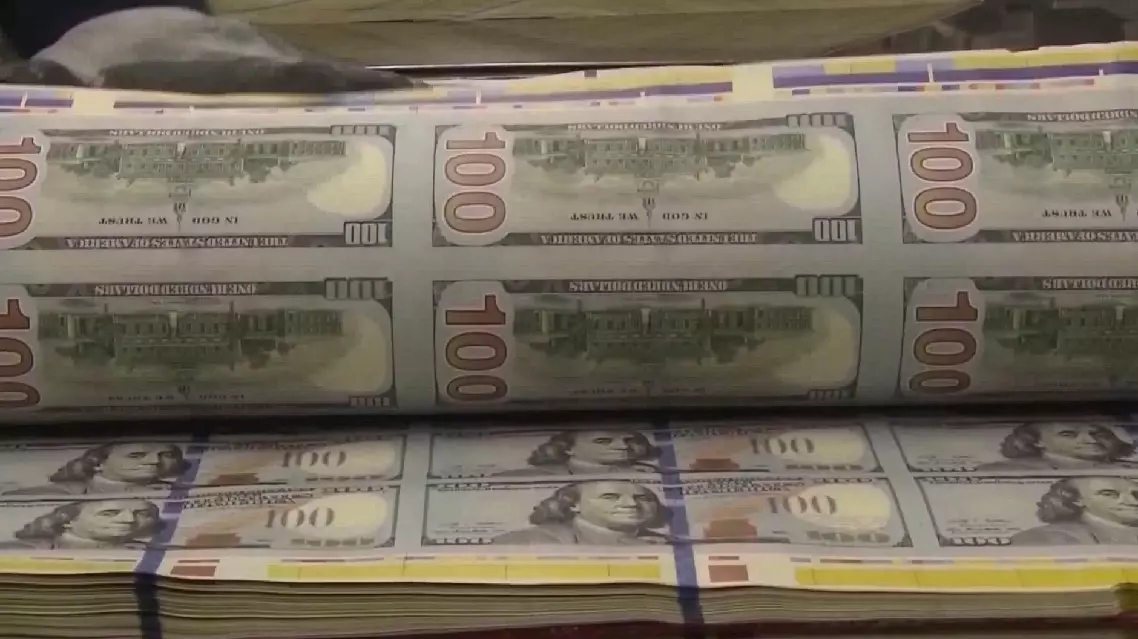
U.S. recession risk rises as tariff policies draw sharp warnings
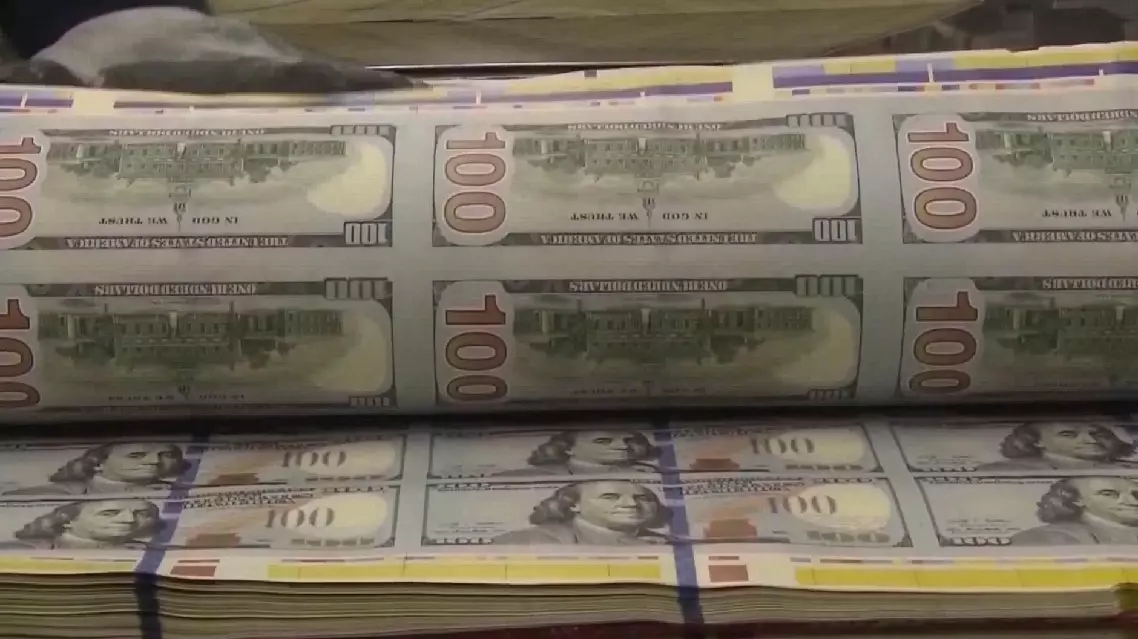
U.S. recession risk rises as tariff policies draw sharp warnings
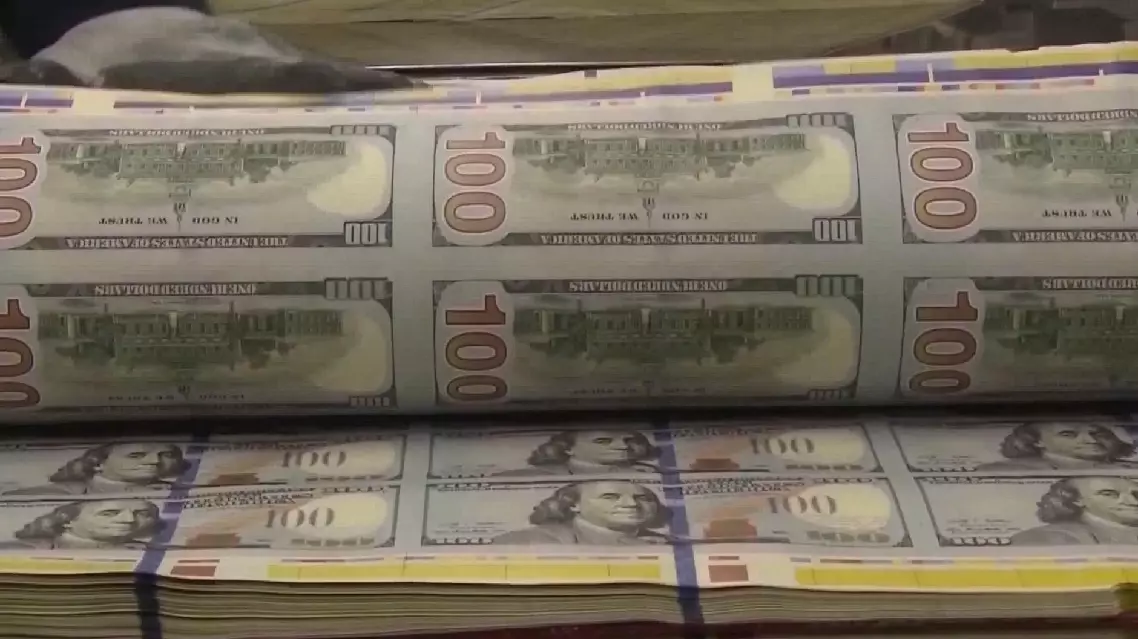
U.S. recession risk rises as tariff policies draw sharp warnings
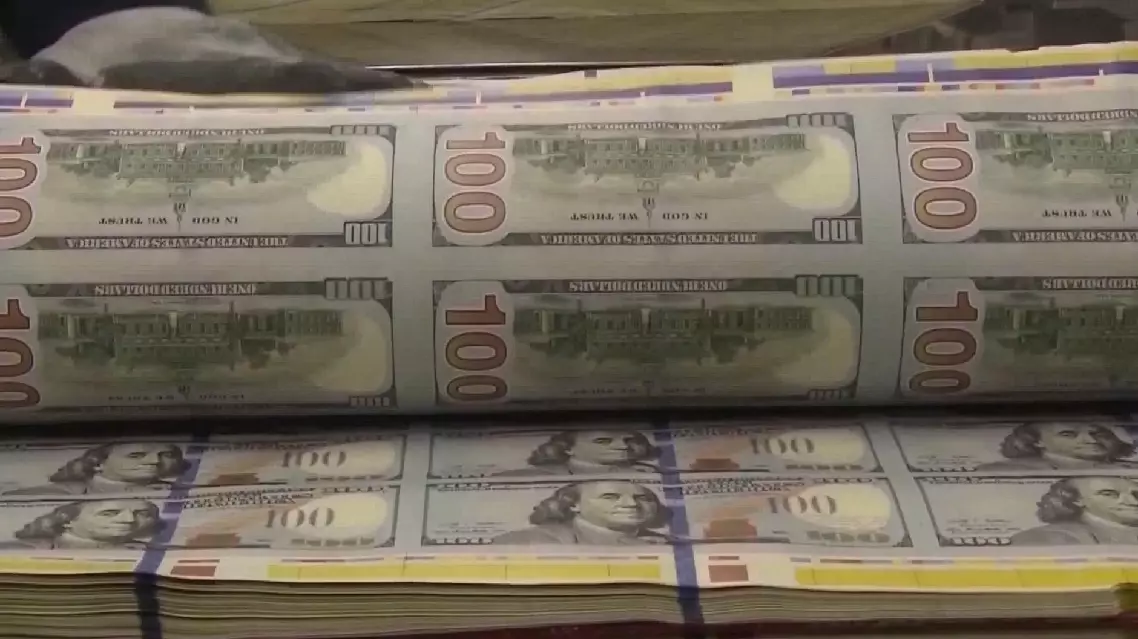
U.S. recession risk rises as tariff policies draw sharp warnings
Iran's Supreme Leader Ali Khamenei on Tuesday warned against "extreme optimism or pessimism" in the country about the indirect talks between Iran and the United States.
He made the remarks at a meeting with senior government officials in Iran's capital Tehran while pointing to the talks between Iranian Foreign Minister Seyed Abbas Araghchi and U.S. Special Envoy to the Middle East Steve Witkoff on Iran’s nuclear program and removing sanctions, the first round of which was held in the Omani capital Muscat on Saturday, according to a statement published on his website on Tuesday.
"We should not be extremely optimistic or extremely pessimistic about these talks," he said, adding that the negotiations may or may not yield results.
He stressed, "We are, of course, very distrustful of the other side. However, we are optimistic about our capabilities."
The Iranian leader also cautioned against "tying the country's affairs to the talks," emphasizing that activities in industrial, economic, construction, and cultural sectors, as well as the implementation of major projects, should proceed uninterrupted, as they are unrelated to the talks in Oman.
The second round of the indirect talks between Iran and the United States is scheduled to be held on this coming Saturday in Muscat.
According to U.S. media reports on Tuesday, the second aircraft carrier strike group deployed by the U.S. military in the Middle East had arrived in waters near Yemen, ahead of the second round of negotiations between the United States and Iran.
Satellite images show that the U.S. aircraft carrier Carl Vinson is currently positioned near Socotra Island off the coast of Yemen in the Gulf of Aden, according to the U.S. media reports.
Accompanying it are a cruiser and two destroyers, thus forming a dual U.S. carrier strike group in the region.
The U.S. Navy's Fifth Fleet, headquartered in Bahrain, declined to provide details about the mission of this carrier strike group.
The latest talks between Iran and the Untied States were proposed by U.S. President Donald Trump, who threatened Iran with bombing and secondary tariffs if Iran did not come to an agreement with the United States over its nuclear program.
Iran signed a nuclear deal, formally known as the Joint Comprehensive Plan of Action, with six major countries -- Britain, China, France, Germany, Russia, and the United States -- in July 2015, accepting restrictions on its nuclear program in return for sanctions relief.
However, the United States withdrew from the deal in May 2018 and reinstated sanctions, prompting Iran to scale back some of its nuclear commitments. Efforts to revive the nuclear deal have not achieved substantial progress.
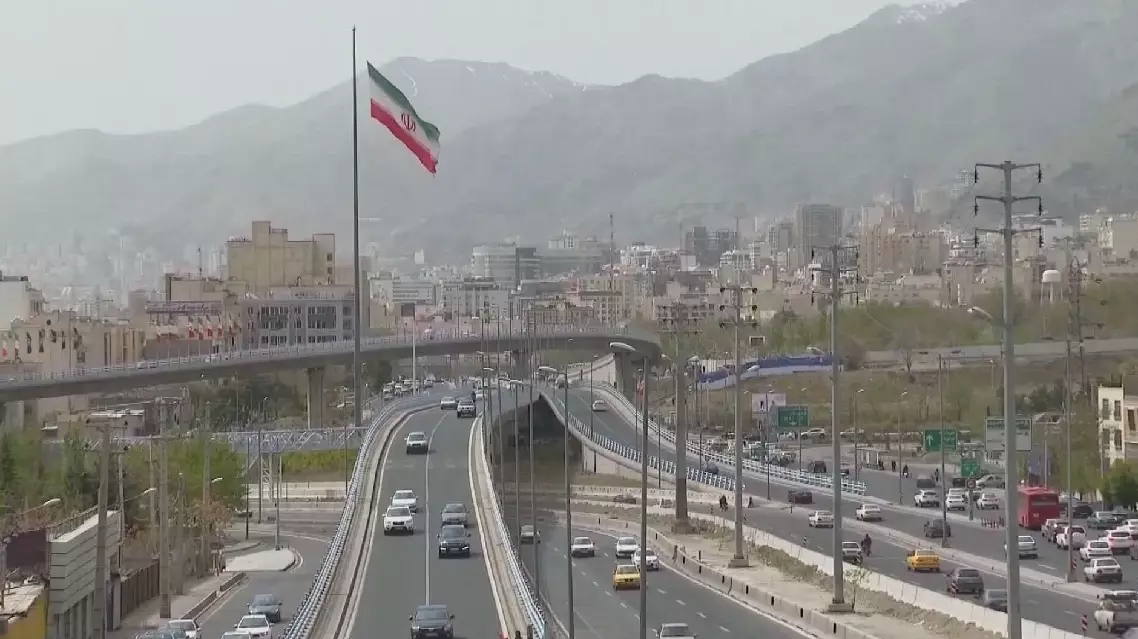
Iranian leader warns against extreme optimism, pessimism about talks with US






